Keywords: Catholic Social Services Victoria
-
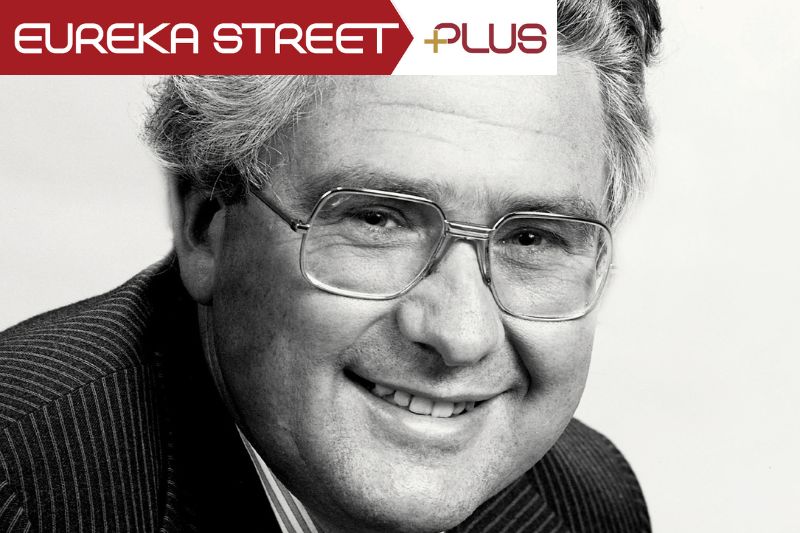
AUSTRALIA
- Andrew Hamilton
- 08 November 2024
1 Comment
The story of Race Mathews’ career will be an antidote to despair about politics and politicians. It underlines the possibilities of politics, showing how it can be more than a job or a career. It can be a calling to imagine a more just society and ways of building it.
READ MORE 
-

AUSTRALIA
- Julian Butler
- 02 April 2024
There is beauty in returning to places that experience has made so full of memory that they have become layered with meaning. Just as there is in hearing music that you have listened to at different moments of your life, and that is filled with meaning, not just for you, but even moreso for the artist standing before you and in myriad different ways for the audience with you.
READ MORE 
-
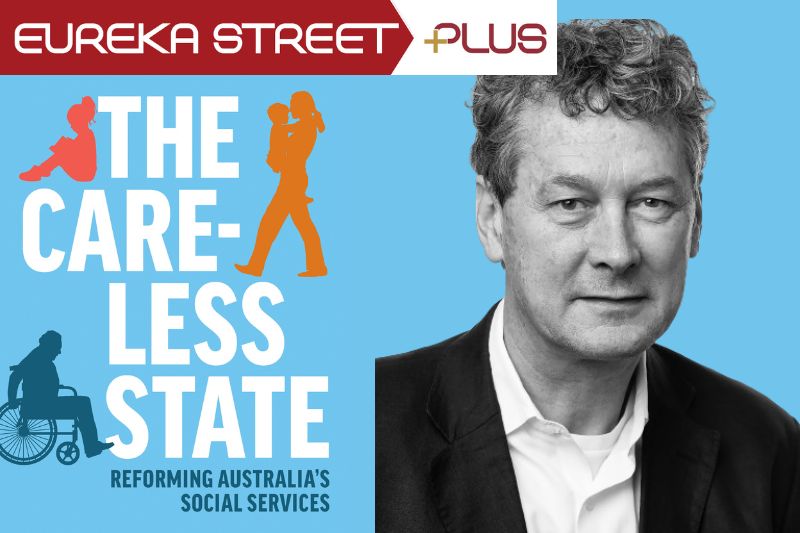
AUSTRALIA
- David Halliday
- 28 February 2024
1 Comment
The main purpose of government is to promote the welfare of its people. And yet over the last few decades, through numerous inquiries, it’s become clear that the Australian government has failed to provide services for the Australian population as well as might be expected.
READ MORE
-
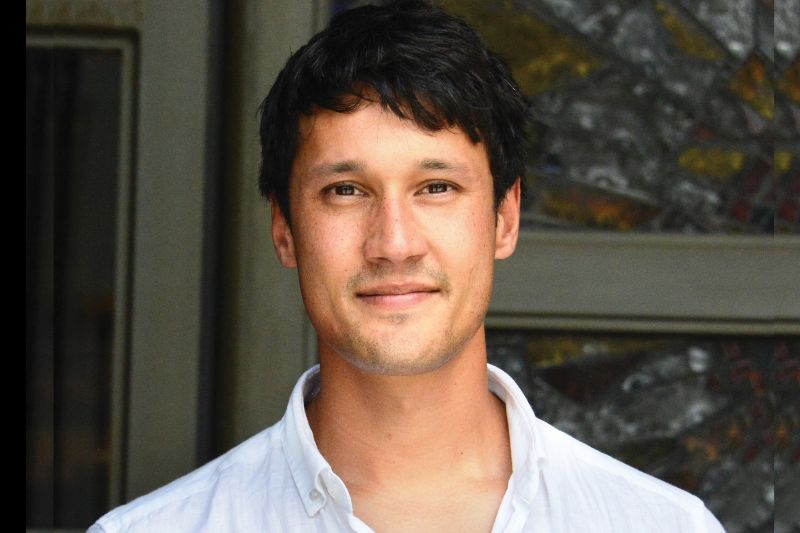
AUSTRALIA
- Michael McVeigh
- 06 February 2024
In a world that has become increasingly more divided in the aftermath of the pandemic, Executive Director of Catholic Social Services Victoria Joshua Lourensz is questioning how we might best re-develop a sense of the commons to reignite our communities and foster social responsibility?
READ MORE
-

INTERNATIONAL
- Andrew Hamilton
- 14 December 2023
15 Comments
In Western societies, antisemitism is particularly noxious. To be understood, however, it needs to be precisely defined and set in the in the broader context of antipathy on racial, religious and other grounds.
READ MORE
-

RELIGION
- John Warhurst
- 14 September 2023
46 Comments
As the Voice Referendum campaign intensifies, many Catholic groups rally behind the Voice. But Australia's church leaders remain above the fray, maintaining neutral positions. As the lines between faith, politics, and indigenous rights blur, should the bishops be more prescriptive on how to vote?
READ MORE
-

AUSTRALIA
- Joshua Lourensz, Vin Martin
- 15 May 2023
2 Comments
Budget papers reveal an expected rise in the unemployment rate from 3.5 per cent to 4.25 per cent by June 2024. While the increase is portrayed as modest, it translates to an additional 144,900 people becoming unemployed. The focus must remain on the human stories behind the numbers during this uncertain period of economic recovery.
READ MORE
-

AUSTRALIA
- Andrew Hamilton
- 04 May 2023
1 Comment
When is a child fully responsible for their actions? The State Attorneys General have met to seek agreement on raising the age of criminal responsibility to 12, provoking questions around whether children can be held fully accountable for their actions at such a young age, and whether the criminal justice system needs to focus on rehabilitation over punishment.
READ MORE
-
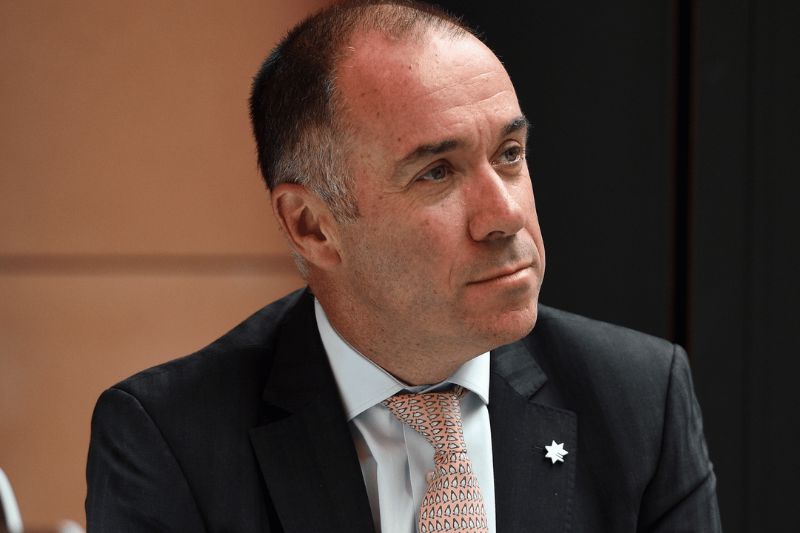
AUSTRALIA
- Chris Middleton
- 12 January 2023
It is highly doubtful that the Essendon Football Club appreciated the reaction that would occur when it presented its new CEO, Andrew Thorburn, with the option of giving up his role as a lay leader in the City on a Hill Anglican Church or resigning from his role with the Club. Even if many were uneasy about how the issue was caught up in the culture wars, it caused widespread concerns amongst people of faith.
READ MORE
-
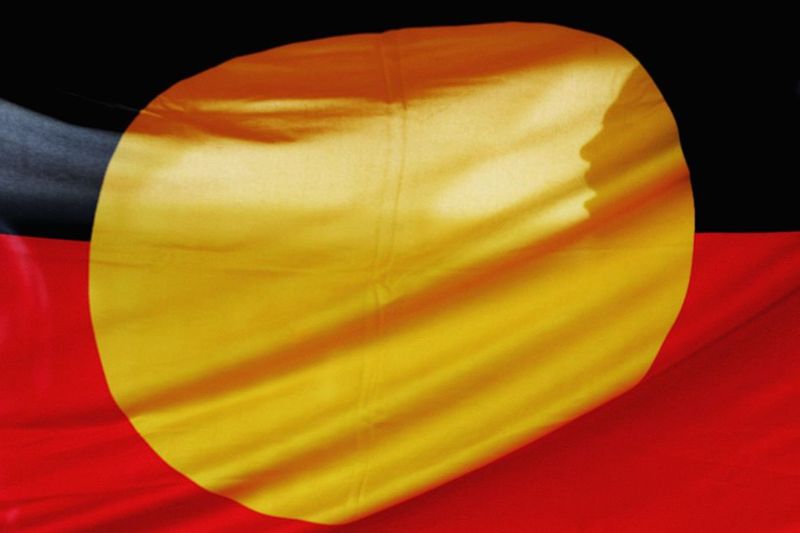
AUSTRALIA
- Frank Brennan
- 05 January 2023
We have a lot of work to do if there is to be any prospect of a successful referendum on the Voice to Parliament, which Indigenous people have put to us as the mode by which they want to be recognised in the Constitution. They have said they want a Voice. Now, we can debate whether it be a Voice to Parliament or a Voice to Parliament and government, or a Voice just about particular laws.
READ MORE
-

AUSTRALIA
- Frank Brennan
- 01 December 2022
15 Comments
We have a lot of work to do if there is to be any prospect of a successful referendum on the Voice to Parliament, which Indigenous people have put to us as the mode by which they want to be recognised in the Constitution. They have said they want a Voice. Now, we can debate whether it be a Voice to Parliament or a Voice to Parliament and government, or a Voice just about particular laws.
READ MORE 
-

ARTS AND CULTURE
- Andrew Hamilton
- 11 November 2022
3 Comments
In Justice in Kelly Country, author Lachlan Strahan writes on the life of his great-great-grandfather, a policeman whose career stretched over thirty years. When a significant part of that story is intermeshed with such a fiercely contested story as Ned Kelly’s, telling it introduces the further complexities of the writer’s sympathies and judgments.
READ MORE 